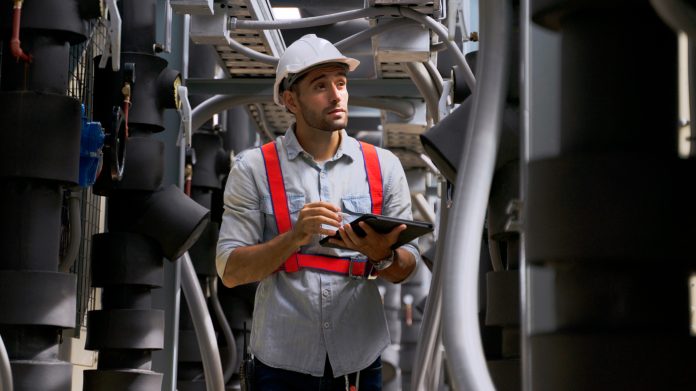
If an ounce of prevention is indeed worth a pound of cure, making sure that the MEP (mechanical, electrical, and plumbing) of a hotel is functioning properly and efficiently might as well as be equal to a ton. In fact, hotel executives maintain that some of these back-of-the-house functions are among the most important things to consider with regard to an asset.
“When you’re purchasing a hotel, the biggest piece of due diligence is your mechanical. I think some people just bypass it and focus on what the customer can see versus what the customer doesn’t see,” said Todd Felsen, president/CEO of Williamsburg, Virginia-based management company OTH Hotels Resorts.
Without a doubt, the biggest shift with regards to MEP in recent years is on the technology front where software programs have changed the way things are done, and more to the point, documented. Operators agree that the old-school way of “giving verbals and doing things” is no longer going to cut it, according to Greg Winey, president/CEO, Northpointe Hospitality Management, a Sugar Hill, Georgia-based management firm.
“Everything now is driven by technology and software,” added Felsen.
Winey underscored the point, noting that key personnel must learn to adapt to the new digital platforms. “Maintenance people need to be really tech savvy today. It’s not just repairing certain things, it’s understanding how the networks work too within your own hotel,” he said.
Felsen, meanwhile, pointed out that the company has been utilizing Transcendent, a facility management, preventative maintenance, and capital-planning program from Actabl that has had a major impact on a number of areas, such as HVAC systems.
He explained some of its functionality.
“Each of your pieces of equipment in the entire hotel is labeled with a barcode that represents a certain piece of mechanical equipment, letting you know when it was project managed, what the age of it is, and when it’s due for replacement. So, we have an ongoing record. In the past, a lot of these things over the years have been done on an Excel spreadsheet or a clipboard hanging,” he said.
Felsen continued, “most of the work is labeling every piece of equipment in the hotel and then the next piece is loading all of that equipment into the software program. It’s very tedious, but worth the money because you’ll never have that aggravation again. You can go back when you’re doing capital [budgeting] and instead of going through thousands of pages of Excel on your computer, all you do is run a report on what you spent on each piece of CapEx and it’s right at your fingertips.”
Winey, for his part, touted the Quore system, a cloud-based hospitality operation solution, and how it works for the hotels and helps document issues.
“Work orders are produced digitally and everyone—the front desk, maintenance or whomever you put on the platform—sees that that request has been made and it has to be closed out by a set period of time,” he said.
Winey added that there are other advantages. “You can take a picture of an area and upload that picture and say, ‘Here’s our problem; we need to get this problem fixed.’ Pictures are important so people can illustrate exactly what the issues may be.”
Meanwhile, from a brand perspective, Tracy Ripa, VP, franchise operations, Wyndham Worldwide, touted their efforts to help reduce costs for franchisees specifically with regards to HVAC systems that wear down over time.
“We work with HD Supply to get lower pricing for the HVAC so that we are cleaning and replacing those units when they’re not working efficiently. Not only is that good for the customer, that’s good for the franchisee because their energy costs will go down,” she said.
Ripa further emphasized the importance of owners being vigilant with regard to regularly checking things like air quality in the guestrooms. “We’re trying to get them to recognize that spending a little money now is going to save them money in the long run,” she said.
Another way for owners and operators to save money, according to Winey, is to make sure when any significant work is required to fully vet the companies doing the work and get multiple bids, as opposed to just taking the first one.
As an example, he noted that the company’s Holiday Inn Express & Suites Charleston Downtown-Westedge recently was in need of plumbing work and was quoted two very different prices for the job with one coming in at $8,000 and the other at $100,000. “It’s all over the board,” said Winey.
He further extolled the benefit of hoteliers doing their due diligence when it comes to major project work.
“You need to get three bids. You get educated if you go ahead and get three assessments for whatever it is you’re dealing with—mechanical, electrical, or plumbing. The things that are going to go out the most within the hotel are air conditioning, boilers, plumbing, and elevators. These are the things that cause a lot of heartburn for general managers,” concluded Winey.








